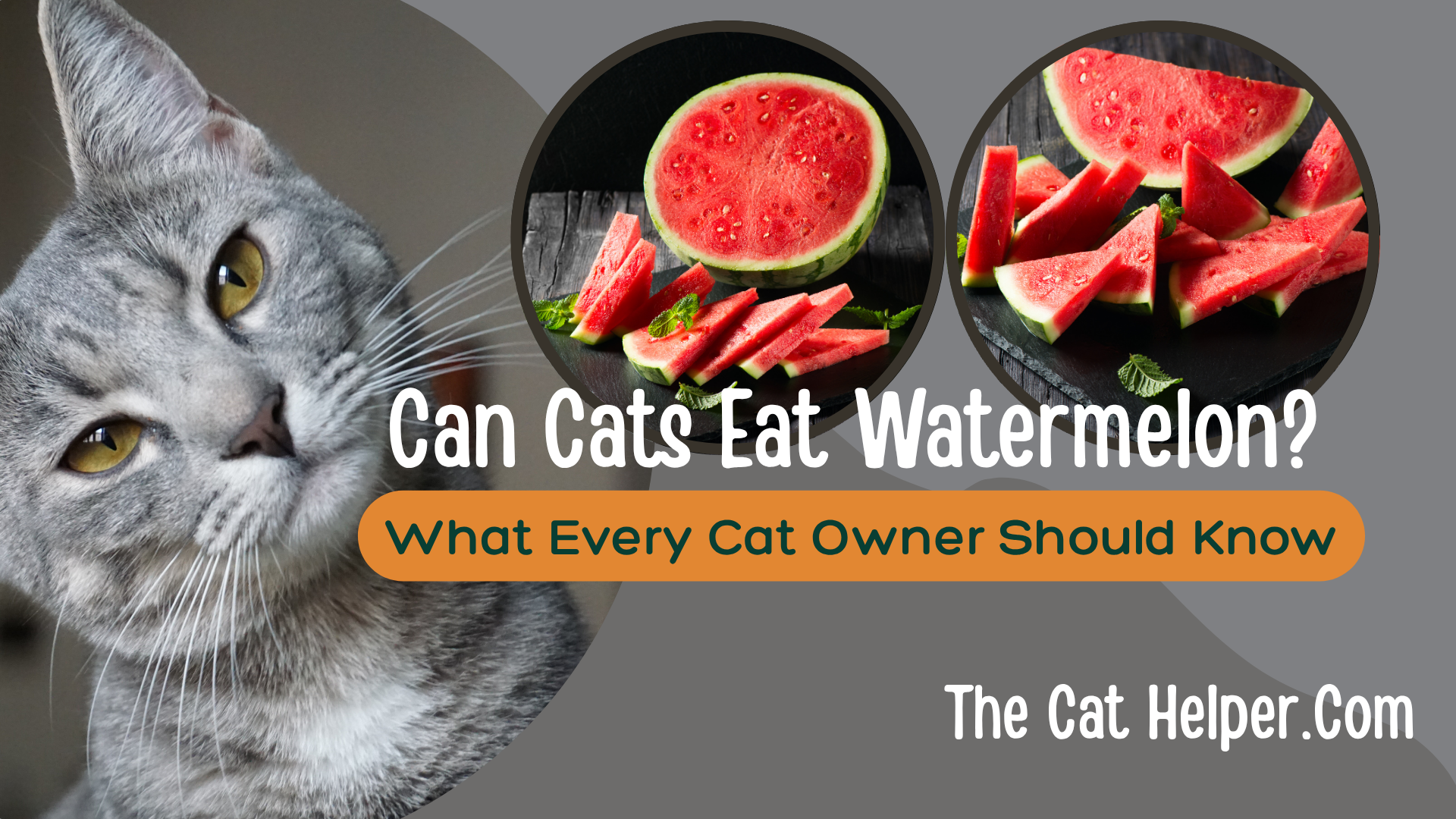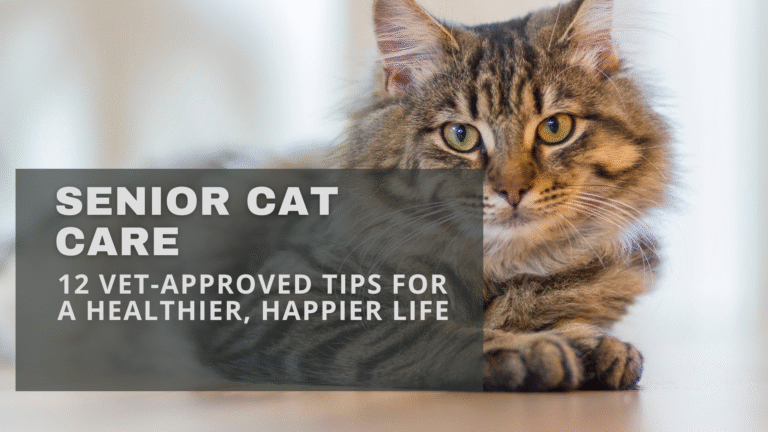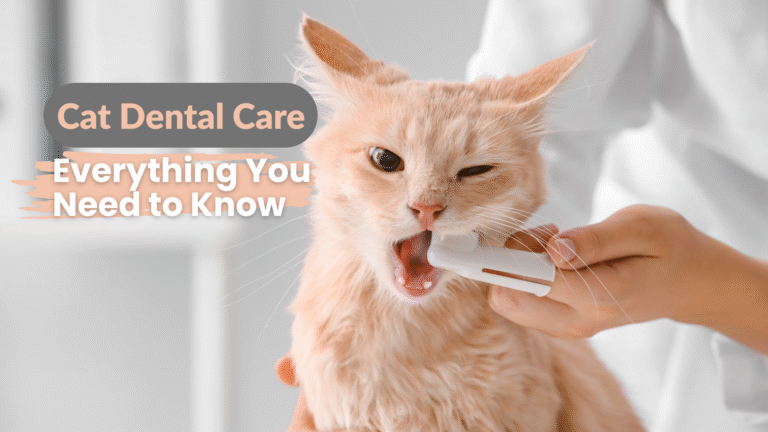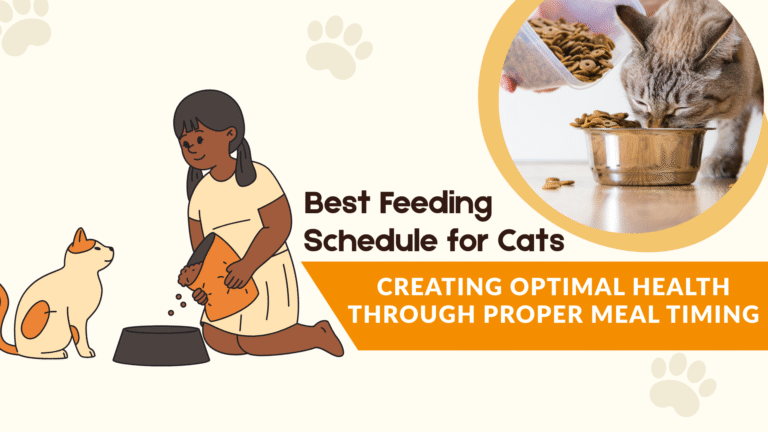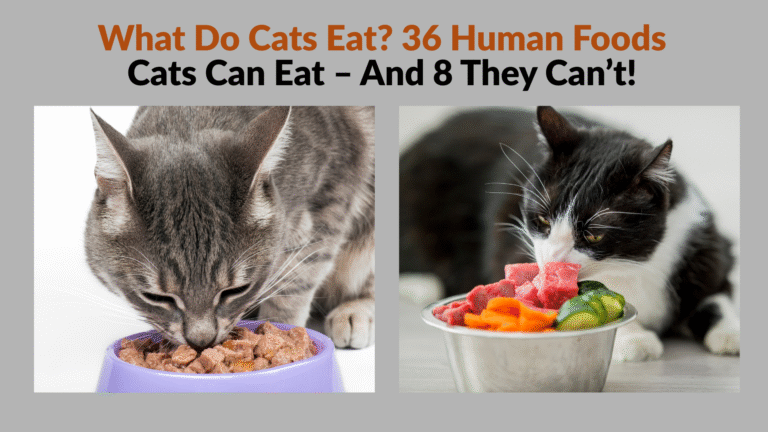Can Cats Eat Watermelon? What Every Cat Owner Should Know
You’re cutting up a sweet, ripe watermelon on a hot summer day, and then, of course, there’s your cat giving you that “Are you going to share?” face. As a doting cat owner, you want to indulge your pet, but you hesitate and wonder: Can cats eat watermelon?
The good news is that cats can eat watermelon in moderation, but it’s not as simple as tossing them a slice. There are a few critical guidelines to remember to keep your kitty healthy.
In this article, we’ll talk all about cats and watermelon safety, explore whether watermelon is a good treat for kittens, and share tips on how to offer this fruit the right way.
Is Watermelon Safe for Cats?
Yes, the seedless, soft flesh of watermelon is safe for the majority of healthy cats. It’s water-rich (contains more than 90% water) and calorie-poor. Still, watermelon is not required in your cat’s diet. Unlike humans, cats are obligate carnivores, meaning they rely almost entirely on animal protein to meet their nutritional needs.
Consider watermelon as a “just for fun” snack such as you sneaking a piece of chocolate after supper. It’s not terrible if they have a little bit, but it’s not something they should have daily.
Cats and Watermelon Safety: The Do’s and Don’ts
Before you let your cat take a taste, it’s worth noting the fundamental rules of safety.
The Do’s
-
Only offer the pink flesh: Seeds and rind should be avoided.
-
Cut into tiny cubes: Bite-sized morsels are safest.
-
Keep it occasional: Treats should be limited to less than 10% of a cat’s diet.
-
Monitor for reactions: If your cat has a stomach upset, omit the watermelon the next time.
The Don’ts
-
No seeds: Watermelon seeds are a choking hazard and can lead to intestinal blockage.
-
No rind: The tough rind is hard to digest and can make your cat’s stomach upset.
-
Don’t give too much: Too much sugar, even natural sugar, can become problematic in the long run.
Why Do Cats Like Watermelon?
You may ask yourself why your cat even desires watermelon. I mean, cats can’t even taste sweetness like we do! Scientists think that cats don’t have the receptor for sweet tastes. So, if your cat is intrigued, it’s likely due to the texture or water content or maybe because they want what you’re having.
Some cats enjoy the juicy crunch of a watermelon cube, and some will sniff it once and leave. Don’t be offended if your cat gives the sniff-and-snub cats can be finicky!
Nutritional Benefits of Watermelon for Cats
Watermelon isn‘t exactly a nutritional superstar for cats (that‘s what their meat diet is for), but it has a few little bonuses:
-
Hydration: A helpful treat on hot days, especially if your cat doesn’t drink much water.
-
Low-calorie treat: A healthier option than commercial treats.
-
Vitamins and minerals: Contains vitamin A, vitamin C, potassium, and a small dose of dietary fiber.
But keep in mind, these nutrients don’t contribute much value to your cat’s diet because they digest plant nutrients less effectively than humans.
Can Kittens Eat Watermelon?
This is a major question and the response is generally no. Kittens possess maturing digestive tracts that are a bit more fragile than those of older cats. Giving watermelon too soon can lead to diarrhea or an upset stomach.
If your kitten is over 12 weeks old and you’re curious, you can attempt providing the smallest sliver of seedless watermelon. But generally, you should just stay with good-quality kitten food until your little furball matures.
How to Feed Watermelon to Your Cat
If you’d like to share watermelon with your cat, do so the proper way:
-
Choose a ripe, seedless watermelon (or remove all seeds manually).
-
Cut off the rind and only keep the soft, pink flesh.
-
Chop into tiny, bite-sized pieces—think pea-sized for small cats.
-
Offer no more than 1–2 small cubes as a treat.
-
Watch for any signs of digestive issues (vomiting, diarrhea, or lethargy).
Fruits That Are Safe (and Unsafe) for Cats
Here’s a quick comparison table of popular fruits:
| Fruit | Safe for Cats? | Notes |
|---|---|---|
| Watermelon | ✅ Yes | Only the flesh, in moderation |
| Grapes | ❌ No | Toxic to cats and dogs |
| Apples | ⚠️ Caution | Flesh is safe, seeds are toxic |
| Bananas | ✅ Yes | High in sugar, offer sparingly |
| Blueberries | ✅ Yes | Small quantities, good antioxidants |
| Oranges | ❌ No | Citrus can cause stomach irritation |
When Watermelon Isn’t a Good Idea
Although watermelon is generally safe for most cats, there are instances when you should avoid it:
-
If your cat is diabetic – The natural sugars can raise blood sugar.
-
If your cat has a sensitive stomach – New foods can irritate digestion.
-
igestion.If they have dental issues – Chewing watermelon can be painful.
New foods should always be introduced gradually and in tiny portions.
Signs Your Cat Ate Too Much Watermelon
Going overboard with watermelon can cause:
-
Loose stools or diarrhea
-
Vomiting
-
Excessive drooling
-
Signs of abdominal discomfort
If any of these signs show, avoid watermelon treats in the future and see your vet if symptoms continue.
FAQs About Cats and Watermelon
1. Can cats eat watermelon rind?
No. The rind is too hard to pass and can lead to upset stomachs.
2. Can cats eat watermelon seeds?
No. Seeds are a hazard for choking and can form intestinal blockages.
3. Can diabetic cats eat watermelon?
Avoid watermelon for diabetic cats because of the sugar content.
4. Can kittens eat watermelon?
Not recommended. Wait for kitten food until your cat’s digestive system is mature.
5. Do cats like watermelon?
Some do, some don’t. It is based on the personality and curiosity of the cat.
6. Can I give my cat frozen watermelon?
Yes! A small frozen cube can be a tasty, cooling snack just be sure to seed it and make it soft enough so that they can nibble.
Final Thoughts: Should You Let Your Cat Nibble Watermelon?
So, can cats eat watermelon? Yes, but only as a special summer treat, not something that they would ever eat as a regular part of their diet. A small cube every now and then is fine, as long as it’s seedless and free of rind.
Cats don’t need fruit for nutrition, but a little watermelon can add variety and fun especially when you’re enjoying some yourself. Just remember the golden rule: When in doubt, check with your vet before introducing any new foods.

